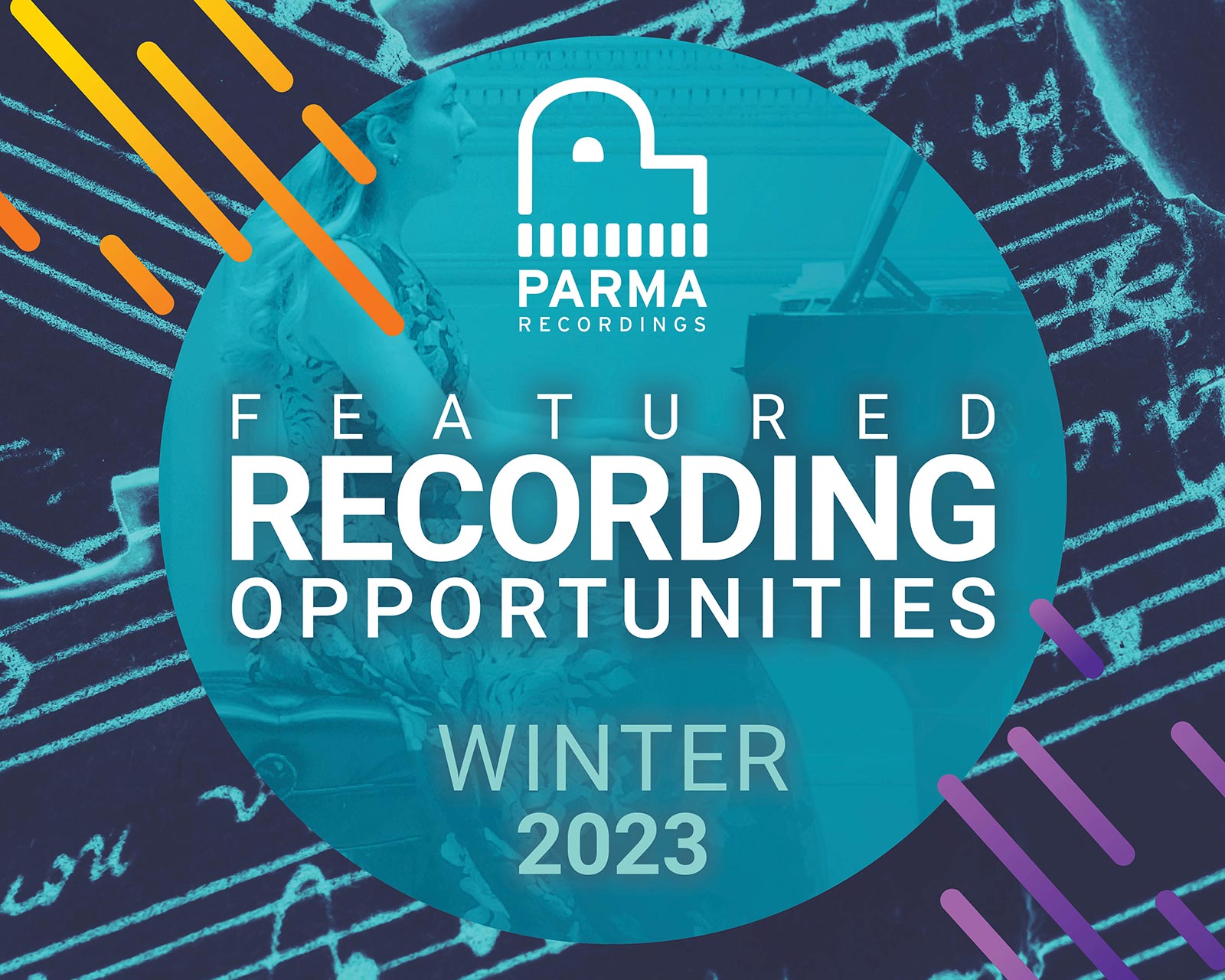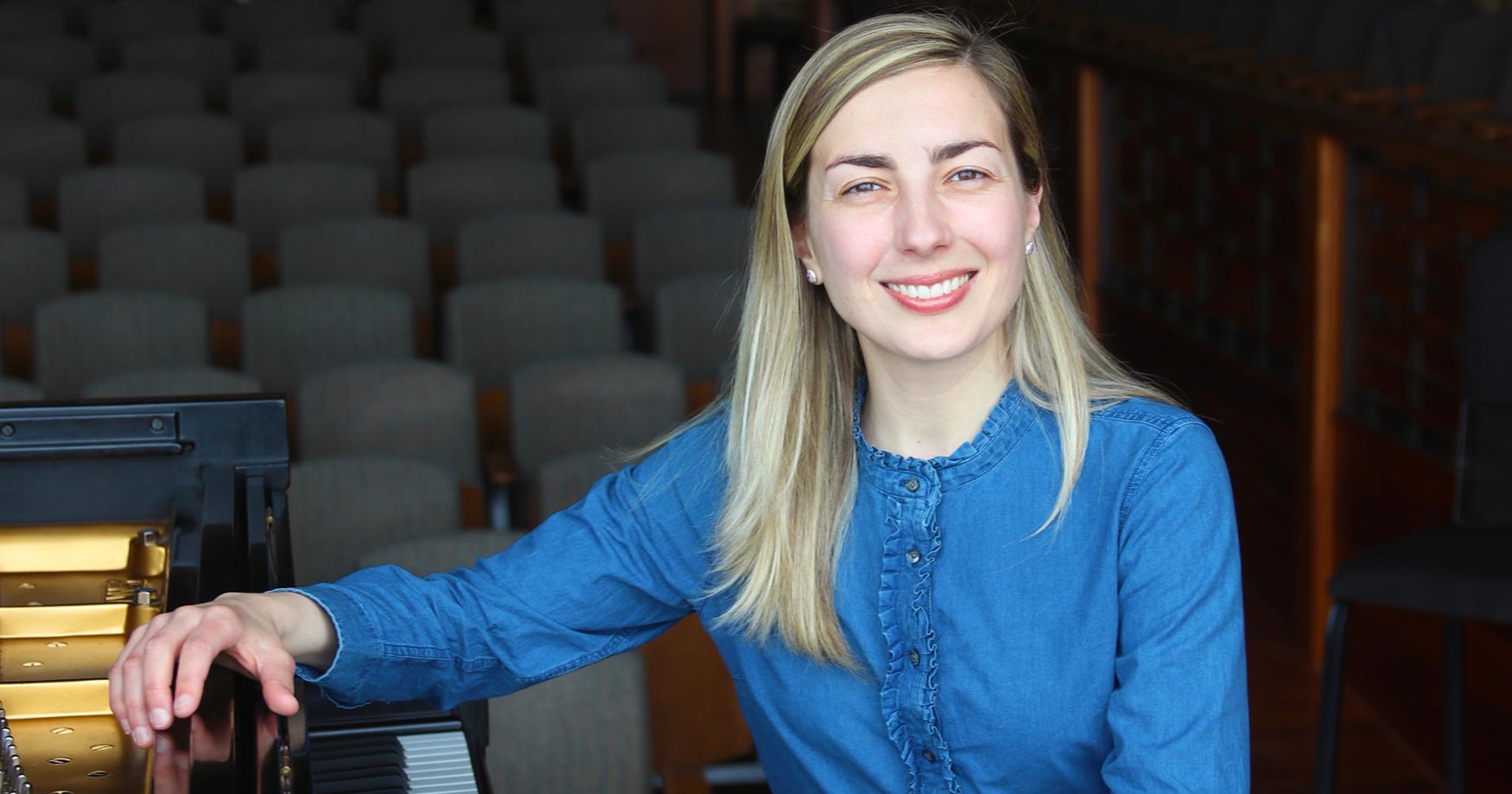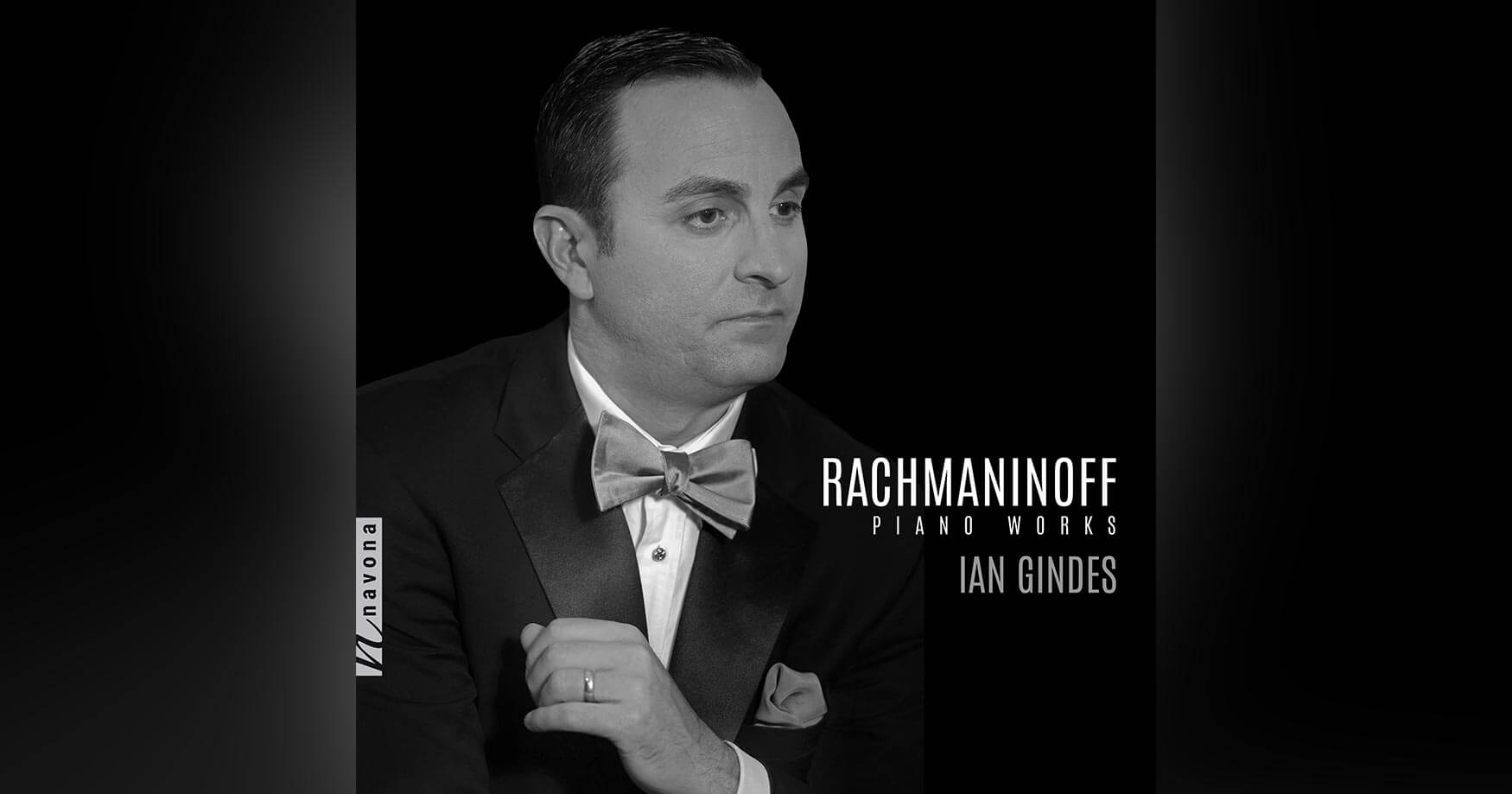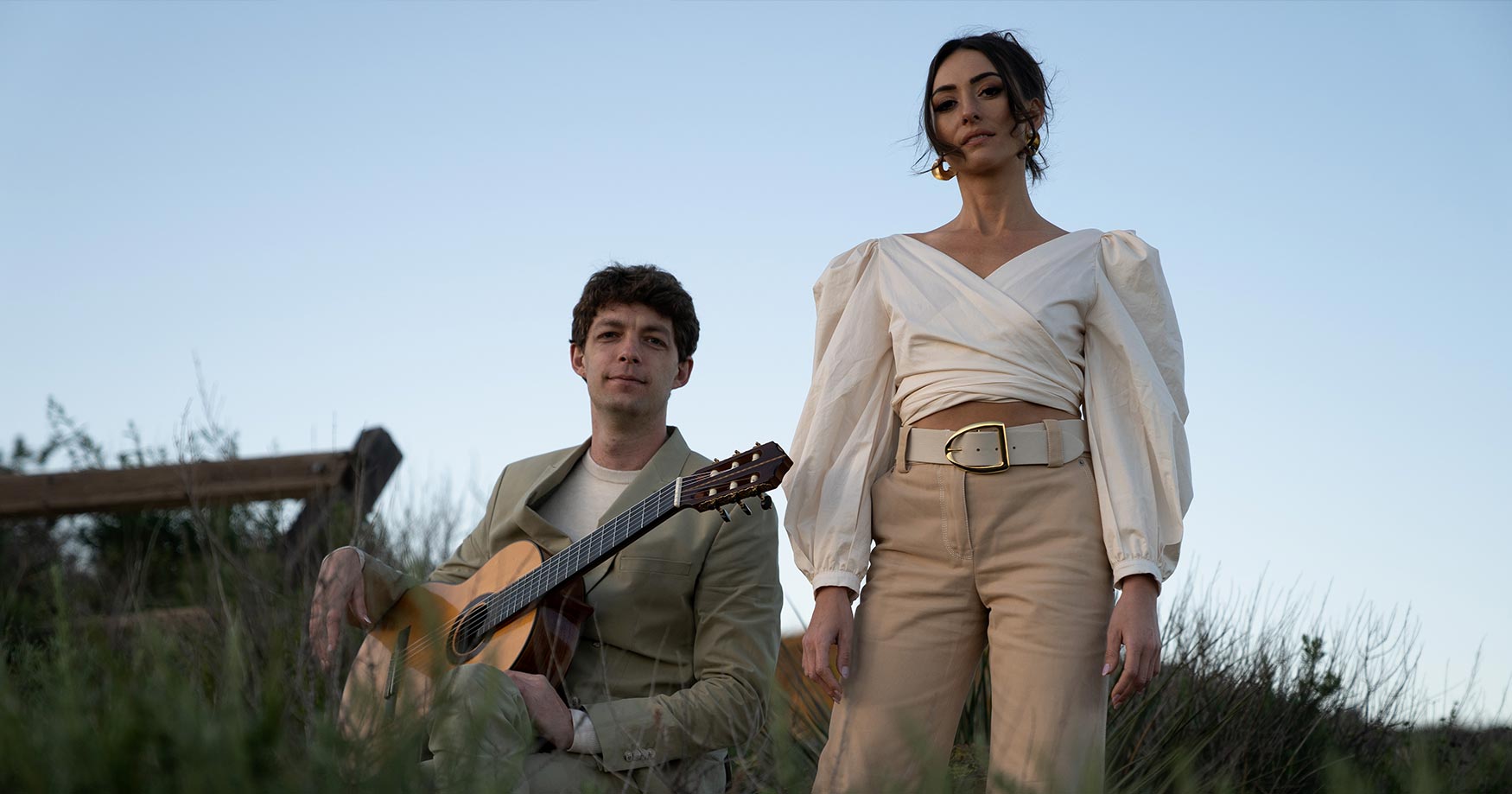Praised for her “heroic interpretive intelligence, subtle technical virtuosity, and distinctive mastery of nuance and color” by Performing Arts Review, acclaimed pianist Anna Kislitsyna has brought innumerable works to life during her career, and is one of two pianists featured in our Winter 2023 Featured Recording Opportunity.
We revisited this Inside Story interview with Kislitsyna where she offers a deep dive into her artistry, details her early beginnings and evolution into the contemporary classical realm, and shares her favorite ways to prepare for a performance. Dive in and enjoy!
Who are your musical mentors?
I was very lucky to have outstanding teachers from the very beginning of my education. I started studying with Galina Tavrovskaya when I was 5 years old. She was a great specialist of J.S. Bach’s music. Under her guidance I learned and performed a lot of his keyboard compositions. Then I studied with Larisa Smeshko and Mary Lebenzon – two incredible pianists with whom I learned multiple piano concerti and explored much of the repertoire of the Classical and Romantic era. When I moved to the United States, my teachers were Dr. Igor Resnianski, Lambert Orkis, Dr. Charles Abramovic, and Dr. Joyce Lindorff. During this period, my interest shifted towards contemporary music and harpsichord playing.
How have your influences changed as you grow as a musician?
I love all musical eras, for me music is beautiful in general. But from time to time I am absolutely passionate and focused on the music of a particular composer. When I was 16 years old, my favorite composer was Sergei Prokofiev – I filled my life with his music by listening and performing his compositions, as well as reading all books about him and his music. With the passage of time my passion would shift to music of Liszt, Schumann, Rachmaninov, Ravel, Ives, and many more. The music of Olivier Messiaen inspired me to write a dissertation, articles, and perform at international conferences. I played his transcendental piano cycle Vingt Regards sur I’enfant Jesus many times. Recently, I focused on the music of Alfred Schnittke while writing another dissertation for my D.M.A. at Temple University as well as the harpsichord music of composers before J.S. Bach.
How do you prepare for a performance?
As all concert musicians, I practice a lot before performances. If I need to learn a large amount of new repertoire in a short period of time, I can practice 10-12 hours a day. At a certain point, when the program is learned, I perform the repertoire for a small audience to run it through. It helps me to see how it feels and to have a better understanding of what still needs to be improved. One of my run throughs before the Carnegie Hall recital is going to be in front of my students – I am interested to hear their opinion about this music in general as well as about my interpretation.
If we looked through your music library, what would we be surprised to find?
You would be surprised to find how much music from PARMA composers I have in my music library. There are hundreds of pages of modern compositions — we have truly recorded a lot of new music together. I think a quarter of my library is from PARMA.
What advice do you have for young musicians?
I have simple advice which I follow myself: it is truly important to create music and art with love. Knowledge, practicing, and many other different factors are important, but if things are approached with a lot of love and care, the hard work has more meaning and a deeper interpretation.
Do you have any specific hopes about what your recent album, PIANO SPECTRUMS, will mean to listeners?
I believe this album is truly a representation of modern piano music. It has so many influences from various musical styles such as jazz, pop music, music from theater and cinematography, as well as some influence of classicism, impressionism, minimalism, and modernism. This is why we decided to call it PIANO SPECTRUMS. For the listener it will be interesting to discover what piano music of the 21st century sounds like, and it all can be found in one beautiful album.

Solo Piano: Karolina Rojahn / Anna Kislitsyna
For release as a Visual Single: submit your score for consideration and for a quote to record in audio and video with one of our long-time partner pianists in Boston or New York. Recordings will be produced by PARMA’s award-winning team for release on Navona Records.
The views and opinions expressed in this post are those of the artist and do not necessarily represent or reflect the views and opinions held by PARMA Recordings LLC and its label imprints, subsidiaries, and affiliates.



